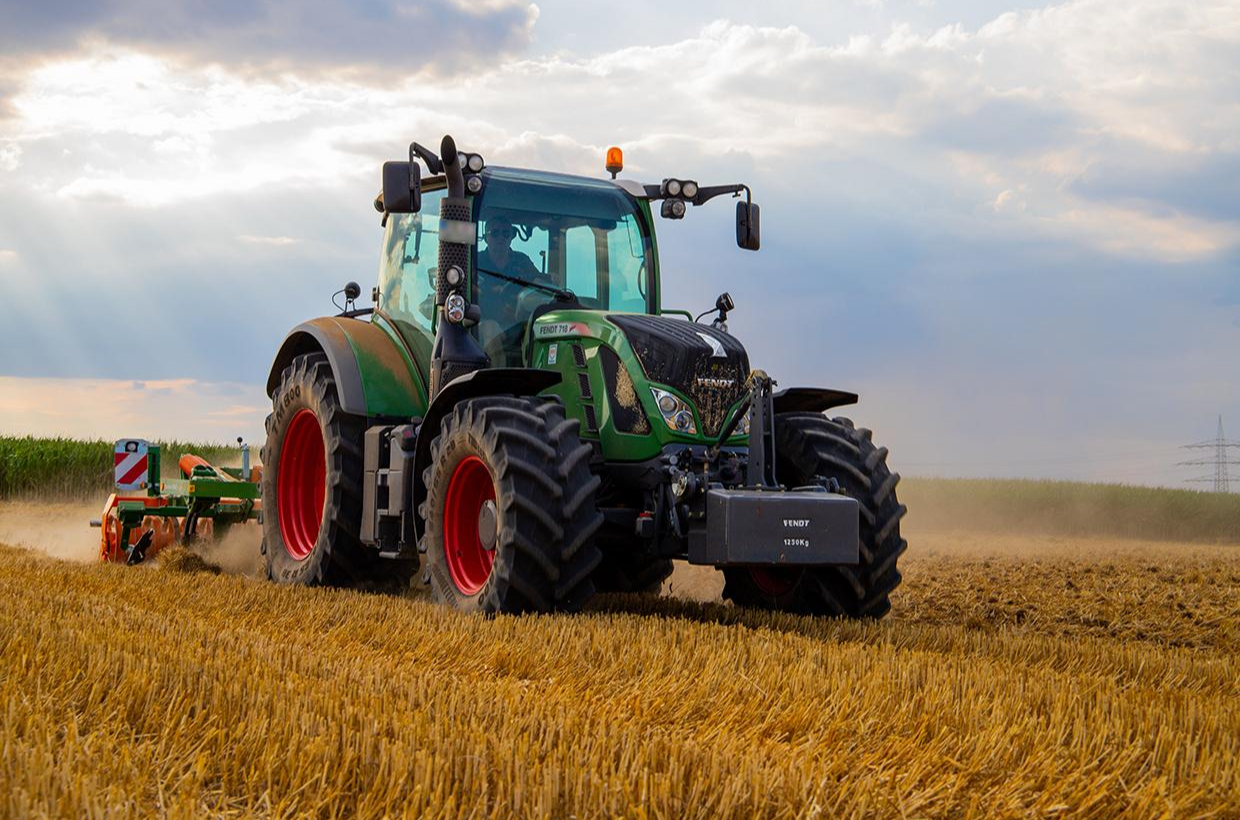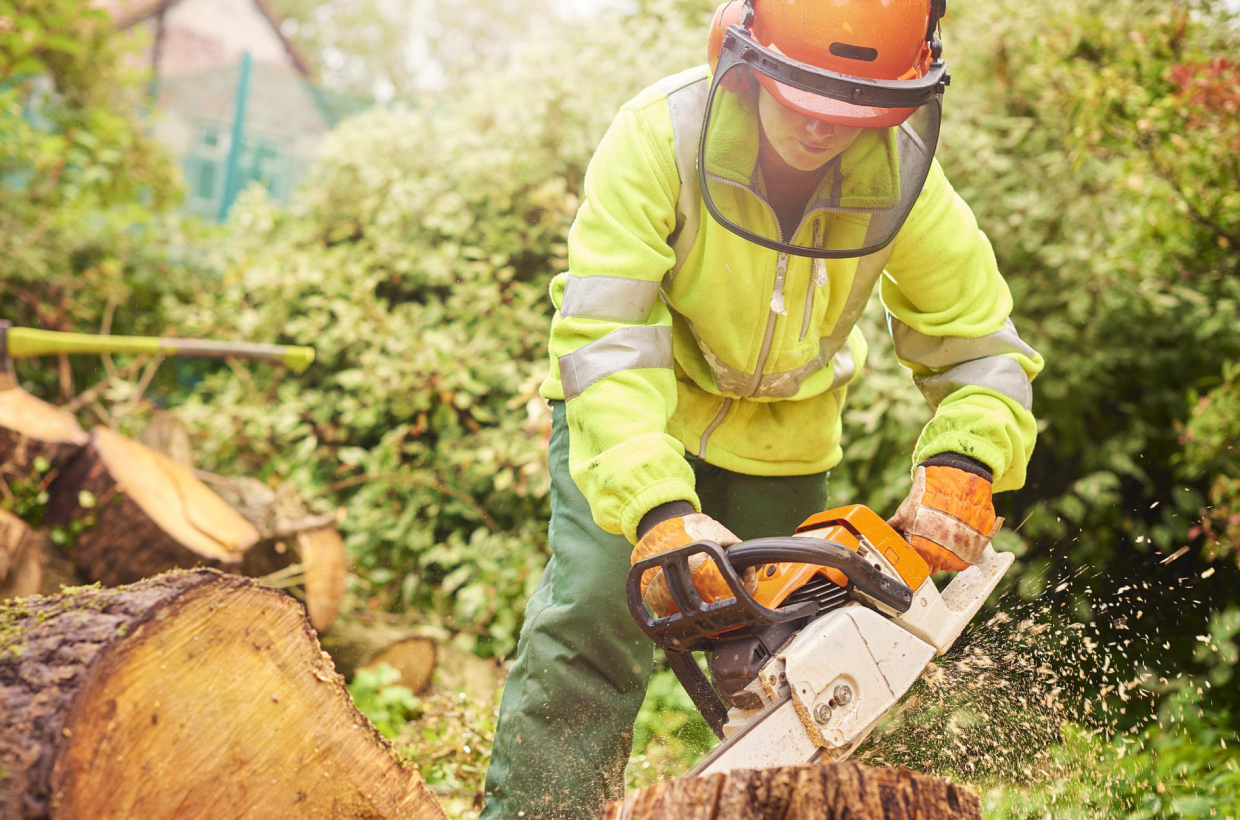
Farm Workers carry out practical work on mixed, arable and livestock farms. Work varies seasonally and by the type of farm, but usually involves looking after livestock, planting and harvesting crops, using agricultural machinery and maintaining farm equipment and buildings.
Farm work can be extremely rewarding and fulfilling, particularly if you like to be connected with nature.
Also known as: Field Worker, Farm Labourer, General Farm Worker, Harvest Worker, Agricultural Worker
You’ll need:
to work well with others and on your own
good communication skills
good attention to detail
physical skills such as mobility and co-ordination
patience and the ability to stay calm under pressure
to be flexible and open to change
to accurately calculate weights and measurements and keep accurate records
to use a computer or hand-held device for some tasks
You might need to take short courses to learn how to operate equipment such as tractors or forklifts.
You’ll need to have achieved qualifications and certificates of competence to apply pesticides safely - these will include a mandatory Safe Use of Pesticides qualification, followed by the method of application being used e.g. hand held equipment, etc.
Around 48 hours a week, which may include evening/weekend work and irregular hours depending on the season and weather. For example, you’ll work longer hours when harvesting crops in summer.
On arable and production horticulture farms you’ll sow, plant, weed, plough and harvest crops like cereals, vegetables and fruit.
On farms that use combine harvesters to harvest wheat, barley and oats, you may use tractors and mechanical equipment with on-board computers, which help plough to a set depth, accurately drill seed and efficiently harvest a field.
You’ll store and pack crops before sending them to be processed.
Livestock Farm Workers will look after animals like cattle, pigs, sheep, goats and poultry, which involves preparing feed, milking cows, shearing sheep, preparing animals for transport, checking for signs of illness and keeping accurate records.
On all farms, you'll carry out general tasks like maintaining farm buildings, servicing and repairing vehicles and machinery, trimming hedges, clearing ditches and mending fences and walls.
Most tasks involve working outdoors in all weather conditions. Some tasks require protective clothing (PPE).
Training is an essential part of any job, giving you the skills and knowledge you need to do your job safely and correctly. It also helps to strengthen your current skill set and prepares you for the next stage in your career.
Apprenticeships help you build the experience and skills that employers want to see. No matter what stage you’re at, they’ll help set you up for a bright future. There are lots of ways to get involved.
More qualifications and experience equal better career prospects. You may need to move between farms to gain experience. As you progress you could be promoted to farm management, or you could become an agricultural contractor, supplying services to farms, servicing machinery or working in agricultural equipment and supplies.
Farm Worker will usually work in one of the following industries. Click below to find out more about possible career paths.
Diverse, dynamic and rewarding – if you’re practical and love the outdoors, then a career in agriculture could be for you.
Agriculture is diverse, dynamic and rewarding, with a huge range of interesting and varied career options. If you’re practical, hardworking, love the outdoors or have a passion for science and technology then working in agriculture could be for you.
The UK and Ireland's farmers and crofters play a huge part in looking after our natural landscape. While producing food, they can improve biodiversity, plant trees, restore peat, improve water and soil quality, and generate renewable energy. From the latest trends in data science to new methods of animal husbandry, land management and ecology, working in agriculture is a direct way to address the climate emergency, as well as supporting rural life.
If you’re interested in technology, you could work on a farm using the latest equipment and science to produce food sustainably, safely and efficiently. Or if you want to radically change how we produce food and use our land working vertical farming or remote sensing could be for you. More than ever, agriculture needs innovative, enthusiastic people to help make the food we produce both taste good and make good sense for the planet.
Utilised agricultural land use stands over 70% of the total area of the United Kingdom and over 82% of the Republic of Ireland
Total income from farming in the United Kingdom is estimated to have been £4.1 billion in 2020
Economists at Teagasc estimate that in 2021, the average family farm income in the Republic of Ireland increased by 20% from the previous year
Principal destinations for UK food, feed and drink exports include the Republic of Ireland, France, the USA, and the Netherlands
These courses are perfect if you are starting out on your career but they are also great for people already in jobs who want to improve their skills.
To find out more about qualification levels in England please visit Regulated Qualifications Framework (RQF) for England and Northern Ireland or Framework for Higher Education Qualifications for England, Wales and Northern Ireland (FHEQ) .
To find out more about qualification levels in Northern Ireland please visit Regulated Qualifications Framework (RQF) for England and Northern Ireland or Framework for Higher Education Qualifications for England, Wales and Northern Ireland (FHEQ).
To find out more about qualification levels in the Republic of Ireland, please visit National Framework of Qualifications for Ireland (NFQIE)
To find out more about qualification levels in Scotland please visit Scottish Credit and Qualifications Framework (SCQF).
To find out more about qualification levels in Wales please visit Credit and Qualifications Framework for Wales (CQFW) or Framework for Higher Education Qualifications for England, Wales and Northern Ireland (FHEQ).
| Title | Level |
|---|
These courses are perfect if you are starting out on your career but they are also great for people already in jobs who want to improve their skills.
Whether you’re just starting out in the workplace, want to upskill or are considering changing direction, Apprenticeships are a fantastic way to build your career. Apprenticeships combine work with on-the-job training, so if you want to earn as you learn, there’s an apprenticeship out there for you – you can even start an apprenticeship if you already have a degree.
Work, earn and learn – no matter where you are in your career, an apprenticeship can set you up for a bright future.
Let’s get started!
Want to take on an apprentice? Employers start here.
An apprenticeship is a unique blend of work experience and study to help build the skills and knowledge you need for your career. Apprentices are employees – they have a contract, are paid and get the same benefits as everyone else. But the difference between an apprenticeship and a normal job is that apprentices are regularly released from work for training. Sometimes that’s a day a week, sometimes it’s for a longer block – it all depends on the job and the apprenticeship.
Apprentices work for all kinds of people at all kinds of stages in their lives. Most apprentices fall into one of three categories:
Previously restricted to school leavers and young people, apprenticeships are now a dynamic way of retraining people of all ages - there’s no upper age limit. The minimum age to become an apprentice is 16 and candidates can’t be in full-time education.
Apprenticeships offer a unique combination of paid work and study. They’re an exciting option for anyone who wants to gain experience, upskill or change career while working.
They offer a chance to work, learn and earn:


Interested in becoming an apprentice? Search for current opportunities and apply here.
Find your apprenticeship
You can also check vacancies on employer websites or get in touch with your local careers service.
What’s it like to work, earn and learn? Find out what apprentice life is really like.
Explore apprenticeship stories
The Institute for Agriculture and Horticulture (TIAH)
Find out more
Wales Young Farmers’ Clubs (Wales YFC)
Find out more
Young Farmers’ Clubs of Ulster (YFCU)
Find out more
National Federation of Young Farmers' Clubs (NFYFC)
Find out more
NFU Cymru
Find out more
Farmers' Union of Wales
Find out more
National Farmers Union Scotland (NFU Scotland)
Find out more
Ulster Farmers Union (UFU)
Find out more
Scottish Association of Young Farmers Clubs (SAYFC)
Find out more
National Farmers Union (NFU)
Find out more
Thinking about your finances is important when you're looking at courses and training - different types of funding support is available depending on what type of course you're interested in and where you are located. We recommend you contact the training provider for more information on course costs and financing, but here are some links to connect you to support available:
Skills Hub Scotland is an online skill sharing marketplace creating new opportunities to learn and share skills. Wherever you are located - if you have a skill to share, or a skill to learn, Skills Hub Scotland can help.
Initially founded as a response to the Scottish Government’s CivTech 5 programme in 2020 and aiming to offer a platform for those in rural or remote locations, Skills Hub Scotland has been developed into an important sectoral resource. If you have a skill to share with others or are a training provider, list your workshop or course (all skills from all sectors are welcome). If you are a learner, use Skills Hub Scotland to search for and book a course!
STEM is an approach to learning and development that incorporates the areas of science, technology, engineering and mathematics. Learning in STEM connects to Education for Sustainable Development/Learning for Sustainability and the Sustainable Development Goals – this helps learners to understand that STEM plays a vital role in finding solutions to real world issues or challenges such as protecting biodiversity and tackling climate change. There are multiple pathways into a land-based STEM career including apprenticeships, further and higher education. This means that a career in STEM is open to everyone!
STEM Learning is the largest provider of STEM education and careers support in the UK. Their STEM Ambassadors programme sees volunteers representing a vast range of STEM-related jobs work with young people to bring STEM subjects alive through real life experiences. They help to open the doors to a world of opportunities and possibilities which come from pursuing STEM subjects and careers. To become a STEM Ambassador, you can register via the STEM Learning website: https://www.stem.org.uk/stem-ambassadors/join-stem-ambassador-programme
Lantra have worked in collaboration with STEM Ambassadors in Scotland to create two specific UK-wide Ambassadors schemes - Forestry and Aquaculture. Through these schemes, we want to make sure that those working in forestry and aquaculture have the support materials they need to take part in STEM activities. To find out more and register for the schemes, please follow the links below:
Smart Futures helps young people in Ireland discover the STEM subjects and careers that might be right for them. Co-ordinated and managed by Science Foundation Ireland, their programme allows young people to connect with people that are working in STEM, the organisations they’re working in and what their interests and skills are.
Why not take a look at the Industries Explorer as an introduction to the different areas you could work in.
If we can support you with any specific information, please click the button below to get in touch.